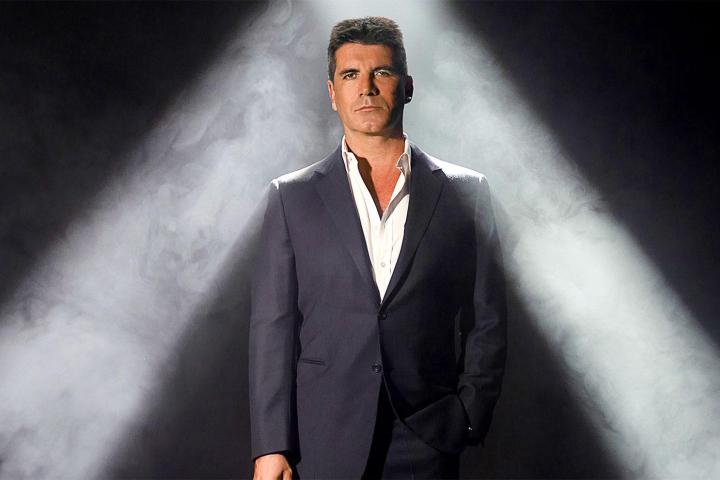
We all know people in our life who have decided to deny themselves technology, as if they’re being dragged through the 21st century, kicking and screaming; the friend who doesn’t have a television, the relative without a cell phone, or the coworker who won’t use IM because he prefers to send you 15 four-word emails every day. These people generally wear their technology aversions like a badge of honor, as if the rest of us are sheep and they’re free-range free thinkers. Well, may I speak for the rest of us when I tell those people… we’re not impressed. Living tech-free is not like living in heaven.
Last week the Huffington Post ran a list – no, not of Kim Kardashian’s 10 Best Looks (actually, they probably did), but a list of 12 incredibly successful people who shun technology. The assumption here is that you, too, could be successful by using an abacus instead of Quickbooks, and like much of what the Huffington Post publishes, it was incredibly misleading. The list includes some surprises (I would think Karl Lagerfeld is a Twitter addict, but I guess not) and some non-surprises (Warren Buffet has been loaded since before computers, so why would he need them now?), but these were my favorites:
Simon Cowell

Mikhail Prokhorov
According to the New York Post, the new owner of the Brooklyn Nets doesn’t own a cell phone, prefers handwritten letters to email, and doesn’t enjoy spending time on a computer. How charming. I guess, when you have an army of underfed Russian prostitutes at your beck and call, who needs technology, right? Mr. Prokhorov made his money the old fashioned way: Using his personal connections with the Kremlin to take control of a state-owned nickel mining company for hundreds and hundreds of millions below its valued price (and a competing bid). Or as the Russians call it, capitalism! Not for nothing, but maybe if he did use a computer he would’ve been able to Google the ages of his team’s two new superstars. They seem to be as excited to be there as Mr. Putin at a Pussy Riot concert.
Bud Selig

Sheldon Adelson

Glamorizing luddites
There’s an underlying theme to all these guys (and, save for the three female justices on the Supreme Court, they’re all guys) and their take on technology: computers and the connectivity they provide create distractions that we’re better off without. But if you read The Verge’s Paul Miller a few months back after he returned from a year without the internet you learned a tidy rebuttal to that idea. The gist of his experience was that, while the lack of internet initially inspired him – he lost weight, read more, wrote more, etc. – eventually he became less active and less connected with the people he cared for. Ultimately, the problems he had in his life remained, they were not caused by the internet at all. They were his problems.
The idea that you don’t need to embrace technology in order to be successful is ridiculous. Yes, as we live more of our lives online it’s important to find balance, to truly live in the real world, even as the World Wide Web summons our attention. But denying ourselves tools to be successful, to stay in touch, to communicate, isn’t the way. And those searching for truths would have better luck listening to old guitar players than casino magnates.
Or as Townes Vad Zandt said, “Heaven ain’t bad, but you don’t get nothin’ done.”



